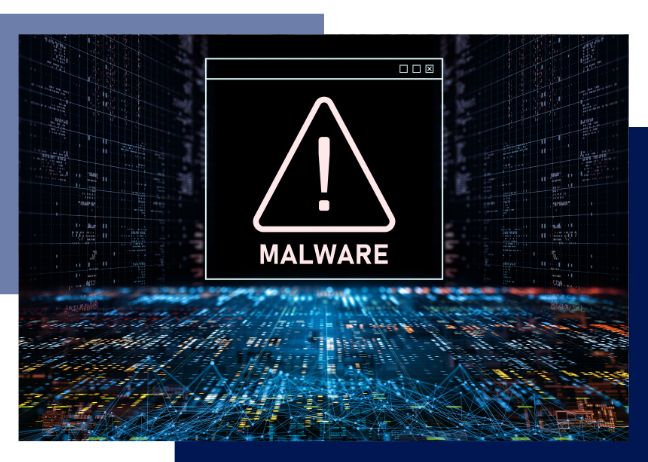Stepping into 2025, CrowdStrike has exposed alarming instances of malicious actors using fake job ads in elaborate scams. These schemes, which surged in 2024, aim to steal personal data and spread malware. With many job seekers embracing ‘new year, new you’ resolutions, this concerning trend is especially relevant as we start the year.
Why Cyber Attackers Are Doing This
While fake job scams can appear to target individuals, the ultimate goal for many cyber attackers is far more damaging. By targeting recruitment emails to corporate email addresses, malicious actors gain a potential pathway into large company systems. If even one employee falls for the scam and inadvertently downloads malware, attackers can gain access to sensitive company data, compromise networks, or even disrupt business operations.

These fake job scams are particularly dangerous because they exploit trust in established organisations. Employees who receive what appears to be a legitimate job opportunity may not think twice before engaging, especially if the offer seems to come from a reputable source like CrowdStrike or similar companies. Once the malware is downloaded, attackers can infiltrate the company’s system, harvest valuable data, or deploy ransomware.
For companies, the risks are significant, ranging from financial losses to reputational damage. For employees, it underscores the importance of being cautious—even when something seems personally relevant, like a job offer.
How These Fake Job Scams Work
Scammers impersonate legitimate organisations, often prestigious ones, to gain the trust of their victims. They use email or professional platforms like LinkedIn to lure unsuspecting individuals with convincing job offers. One prominent example highlighted by CrowdStrike reveals how scammers prey on job seekers:
- Fake Video Interview Invitations: Victims were sent emails inviting them to participate in a video job interview. The emails appeared highly professional and legitimate, making them difficult to distinguish from genuine recruitment communications.
- Links to Malicious Websites: These emails contained links that directed victims to a fake website, expertly designed to mimic CrowdStrike’s official site. The site was convincing enough to make victims believe they were engaging with the actual company.
- Malware Disguised as Software: On this fake site, victims were instructed to download “interview preparation software” or a similar tool. This download contained malware designed to infiltrate the victim’s device.

This malware is sophisticated enough to act like a ‘digital chameleon,’ checking its environment to avoid detection by antivirus software before carrying out its attack.
Common Tactics to Watch For
While the CrowdStrike fake job scam is a stark example, many fraudulent job ads share common warning signs that you should be aware of:
- Interviews via Unusual Platforms: Genuine organisations rarely conduct interviews solely through instant messaging apps or group chats.
- Requests to Buy or Process Payments: Scammers may ask victims to purchase items, process payments, or provide bank details as part of the “hiring process.”
- Downloading Software for Interviews: If you are asked to install any software to participate in an interview, this is a major warning sign.
How to Stay Safe
Protecting yourself from these scams starts with a few simple precautions:
- Verify the Job Offer: Cross-check the offer on the company’s official website or reach out to them directly.
- Inspect the Email Address: Scammers often use email addresses that look official but may have subtle discrepancies (e.g., slight misspellings or incorrect domains).
- Avoid Clicking Links: Don’t click on links in unsolicited emails or messages. Instead, manually navigate to the company’s website.
- Think Twice Before Downloading: Never download software or documents unless you’re certain of their legitimacy.
- Be Wary of Too-Good-To-Be-True Offers: If an offer seems overly lucrative or comes with little effort on your part, it could be a scam.
View our video on How to spot a phishing email in under 60 seconds
The Importance of Staying Informed
As scammers become increasingly inventive, staying informed and cautious is your best defence. Whether you’re actively job hunting or not, unexpected offers can land in your inbox at any time. Protect your personal and professional security by questioning anything that feels unusual, and always verify opportunities through official channels. By spreading awareness and reporting scams, we can collectively reduce their impact and help others avoid falling prey.
We Recommend:
- Cyber Security
- Navigating Cyber Security Challenges: The Non-IT Leader’s Path to Digital Resilience
- The Government’s New Cyber Security Legislation: Implications for SMEs
- How Stronger Cyber Security Can Protect Your Business From Data Breaches
- Are You ‘Click-Crazy’? Why That Next CAPTCHA Could Be a Risk


